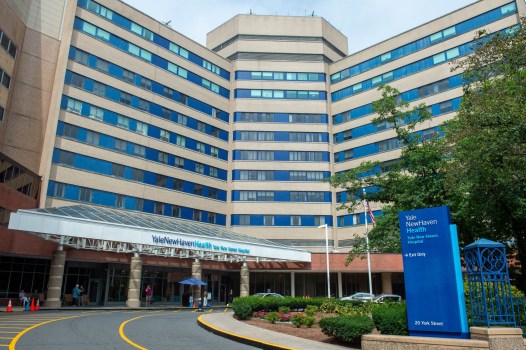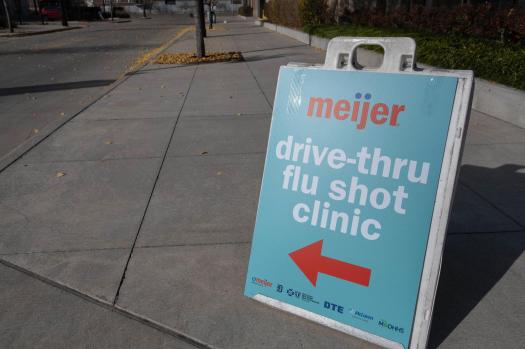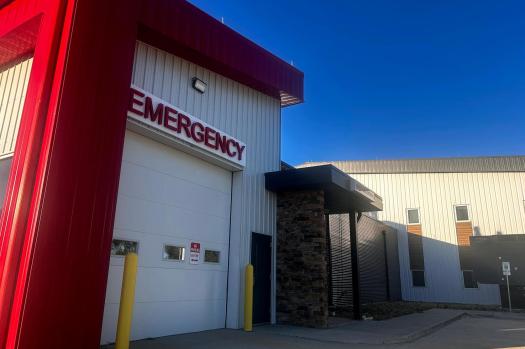According to a neurologist and surgeon at Yale New Haven Health, the combination of two drugs that slow the progression of Alzheimer’s disease and a newly approved blood test for its detection is significantly improving outcomes for patients and their families.
A federally-funded Alzheimer’s Disease Research Center is located at Yale New Haven Hospital, which is at the forefront of clinical care and research, according to Dr. Ausim Azizi, who is one of those who is witnessing the overall early findings.
He said, “We have started 350 people on these drugs.” Everyone I see feels better and believes they have more control over their lives, as do their families.
According to him, people may never reach the final stage of the illness if early detection and treatment are made simple. According to him, the drug prolongs what patients already have and slows the course of the illness.
According to Azizi, with early detection and treatment, a 75-year-old retiree with severe memory issues can still lead a fulfilling life and maintain friendships.
Those who suffer from the severe, degenerative disorder lose their cognitive and memory capacities.
Alzheimer’s cannot be cured, according to Azizi, but it can be managed with drugs made by two distinct businesses.
Lecanemab, also known as Leqembi, and Kisunla, also known as Donanemab, are the drugs that were approved around two years ago. The medications, which target amyloid plaque in the brain, are given by intravenous infusion.
According to Azizi, confirming Alzheimer’s disease—as opposed to other types of dementia—is necessary in order to treat it with those meds. Prior to the blood test diagnosis, Azizi added, the process was difficult, costly, and unpleasant.
According to him, the Alzheimer’s disease blood test Lumipulse G, which was authorized in late May, has a 98 percent accuracy rate in confirming the illness.
Before the blood test, doctors used a pet scan or spinal fluid collection to check for chemicals, according to Azizi.
According to him, the blood test is just for those 55 and older who are experiencing cognitive problems and is not predictive. For the drug to be prescribed, Alzheimer’s must be confirmed.
He stated that although the drugs do not cure Alzheimer’s, they do delay its course, thus early detection is crucial.
The Alzheimer’s Association claims that dementia is a progressive illness, with symptoms progressively getting worse over several years. Early-stage Alzheimer’s causes modest memory loss, while late-stage Alzheimer’s causes people to lose the capacity to respond to their surroundings and carry on a conversation.
According to the association, a person with Alzheimer’s typically lives four to eight years after being diagnosed, but depending on other variables, they may survive up to 20 years.
According to the association’s 2025 Alzheimer’s Disease Facts and Figures report, 91% of Americans say they would like to take a simple test, like a blood biomarker test, if it were available because it would allow access to early treatment. This indicates that nearly 4 out of 5 Americans would want to know if they had Alzheimer’s disease before it affected their lives.
According to Azizi, plaques or sticky proteins that resemble rust on an engine are present on the brain in Alzheimer’s disease.
“It’s squeaky and the wheels don’t turn,” he remarked.
According to him, those who have the plaques struggle with cognition, memory, and event sequencing.
According to him, the new drugs remove the rust and slow down the process, but the harm already done is still there.
Other types of dementia can also cause cognitive issues, but the same drugs don’t help them. According to him, Alzheimer’s accounts for 70% of cognitive issues.
Do you have biologic evidence before we treat? “Azizi said.”
“It’s huge for the family,” he added of early therapy.
According to him, outcomes can also be enhanced by making little lifestyle adjustments.
According to him, the following ten elements strengthen the brain and guard against dementia:
- Control blood pressure, low number should be below 80
- Control blood sugar to around 100
- Control cholesterol, total fasting less than 200
- Adequate and restful sleep
- Diet, eat mostly unprocessed plants
- Maintain a healthy body weight
- If you are smoking, stop
- Reduce alcohol intake maximum of 3 to 4 drinks per week
- Increase physical activity, including daily aerobic exercise
- Engage in enjoyable and healthy social and mental activities












